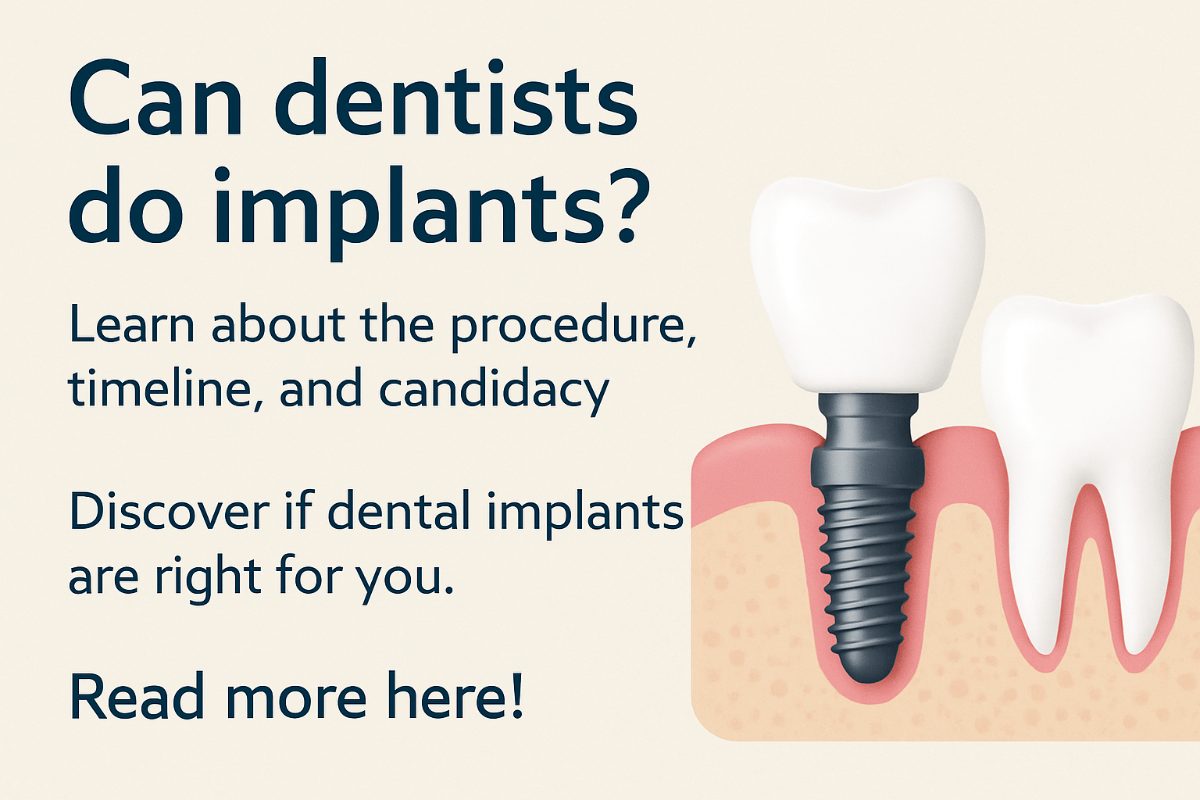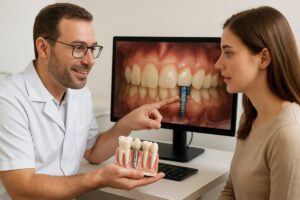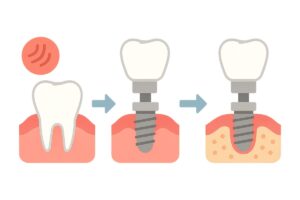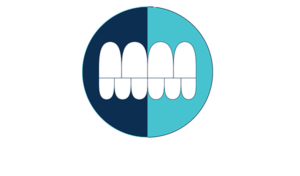If you’re asking “can dentists do implants in Midwest City, OK,” the short answer is yes — many dentists can place implants. This post explains who places implants, what happens at a consultation, common procedures and timelines, candidacy factors, risks and care, costs and financing, and how to choose the right provider. By the end you’ll know what to ask and when to seek a specialist.
Can dentists do implants? Who places dental implants
Many general dentists place dental implants, but so do oral surgeons and prosthodontists. General dentists often handle straightforward single-tooth and small implant cases. Oral surgeons focus on surgical placement and complex bone work. Prosthodontists specialize in restoring teeth and full-arch solutions. Yes — can dentists do implants in Midwest City, OK? They can, but training, experience, and technology vary. Ask about the clinician’s implant case volume and advanced training.
What happens at an implant consultation
Medical and dental evaluation
The dentist will review your medical history, medications, and oral health. Expect an exam of teeth, gums, and bite plus checks for infection or gum disease. Bone level matters — low bone can require grafting. Honest medical history helps predict healing and risks.
Imaging and digital planning
Most modern practices use CBCT scans and digital planning software to map implant placement. These tools show bone height, nerve location, and sinus anatomy. Digital planning improves safety, implant position, and the final look. Ask if your provider uses CBCT and guided surgery.
Common implant procedures and timelines
Single-tooth implants
Typical steps: remove a damaged tooth if needed, place a titanium implant post, allow 3–6 months for bone to integrate, then attach an abutment and crown. Some practices offer same-day provisional crowns or CEREC same-day final crowns when conditions allow.
Multiple implants and full-arch solutions (All-on-4®)
All-on-4® uses four strategically placed implants to support a full arch. It’s recommended for patients missing many teeth or seeking a fixed full-arch restoration. Many patients receive a temporary prosthesis the same day and a final prosthesis after healing.
Are you a candidate for implants?
Good candidates have healthy gums and enough jawbone. Smoking, uncontrolled diabetes, or certain medications can affect healing. Low bone can often be treated with bone grafts or sinus lifts to create a stable foundation. A thorough exam and CBCT scan determine candidacy.
Risks, recovery, and long-term care
Risks include infection, implant failure, nerve injury, and sinus issues. Recovery usually involves a few days of soreness and a few weeks of soft-food restrictions. Long-term care is like natural teeth: daily brushing, flossing, and regular dental visits. With good care, implants can last decades.
Cost, insurance, and financing options
Cost varies by number of implants, bone grafting, materials, and lab fees. Insurance may cover part of the restoration but often not the implant itself. Many practices work with CareCredit, Cherry, and Proceed Finance to spread payments and accept most major insurance plans.
Cost, insurance, and financing options
How to choose who should place your implant
Check credentials, years of experience, and before/after photos. Read patient reviews and ask about CBCT digital planning, in-house surgical suites, and sedation options. Ask how many similar cases the dentist has completed and their complication rate.
Why consider Dentistry By Design for implants near Midwest City, OK
Dentistry By Design offers in-house surgical suites, digital planning, All-on-4®, CEREC same-day crowns, and multiple sedation options. Led by Drs. Edward Harroz Jr. and III, the team blends experience with modern tech to provide precise, comfortable care. Call Dentistry By Design to schedule a consultation and discuss if implants are right for you.






